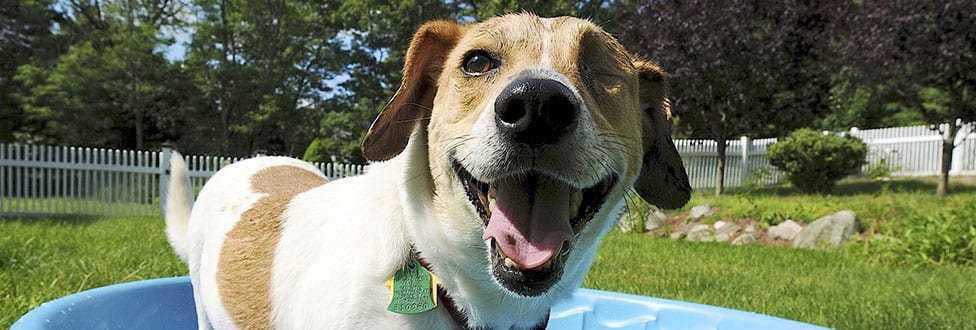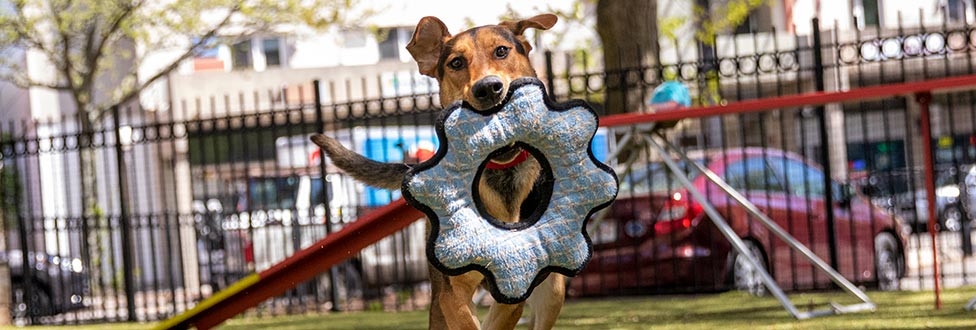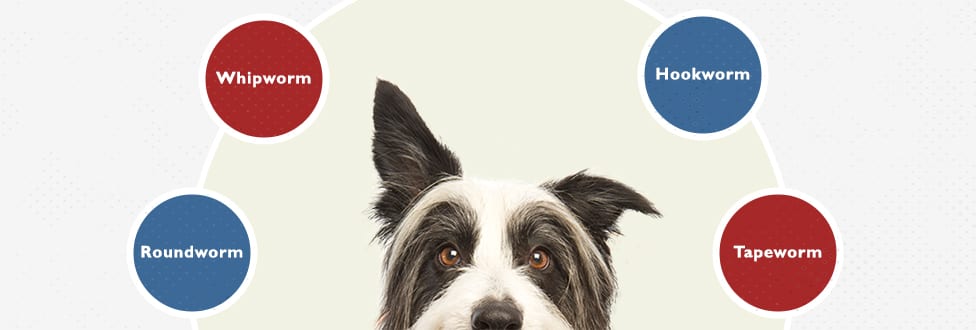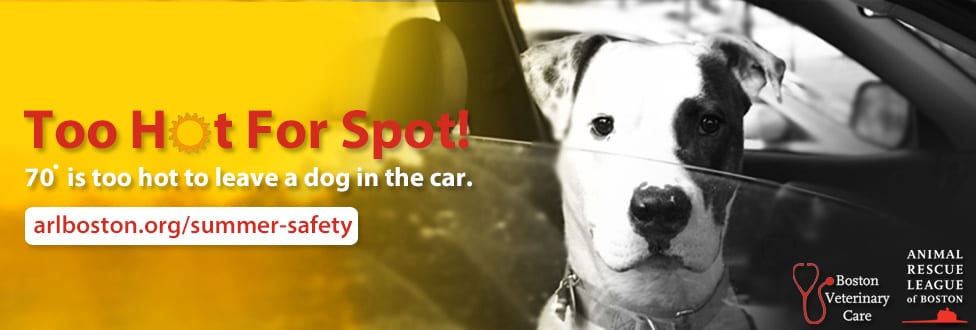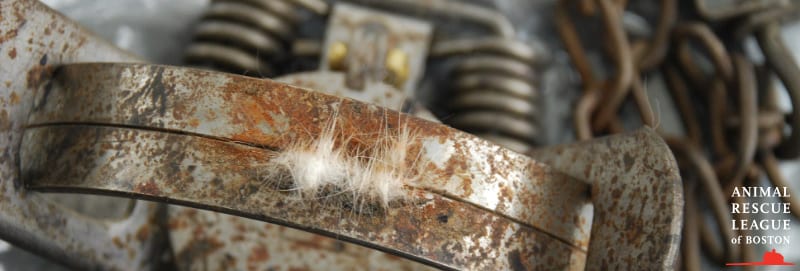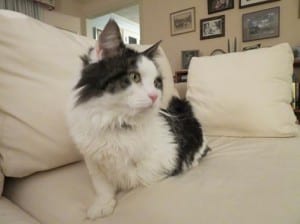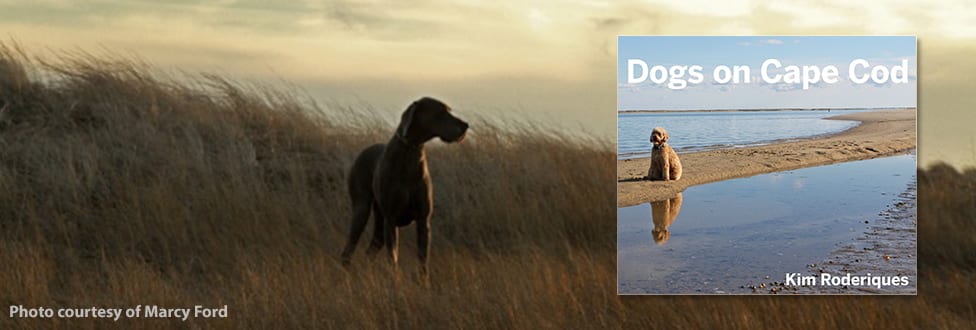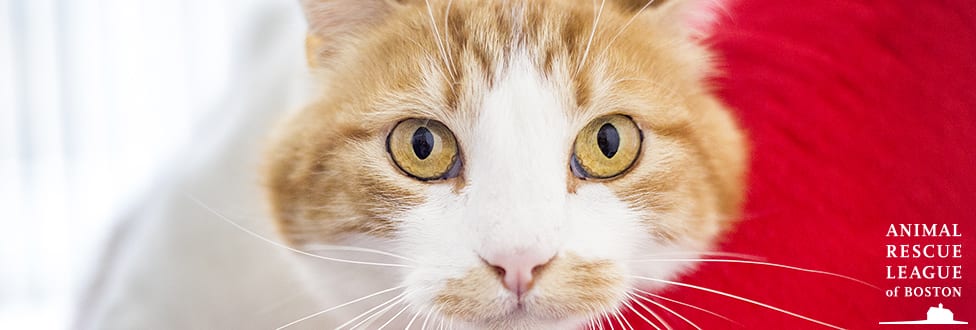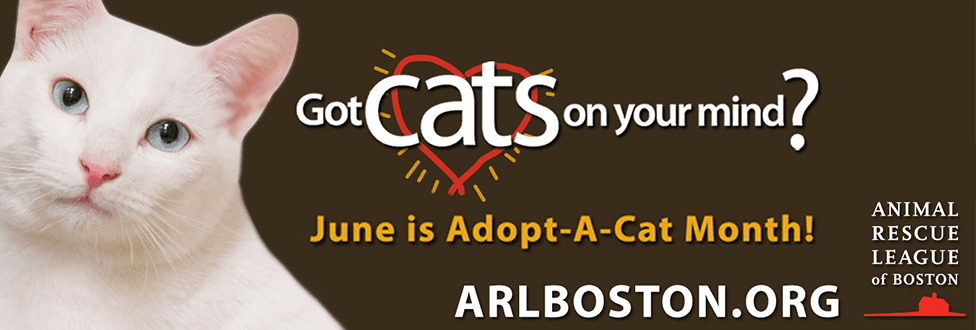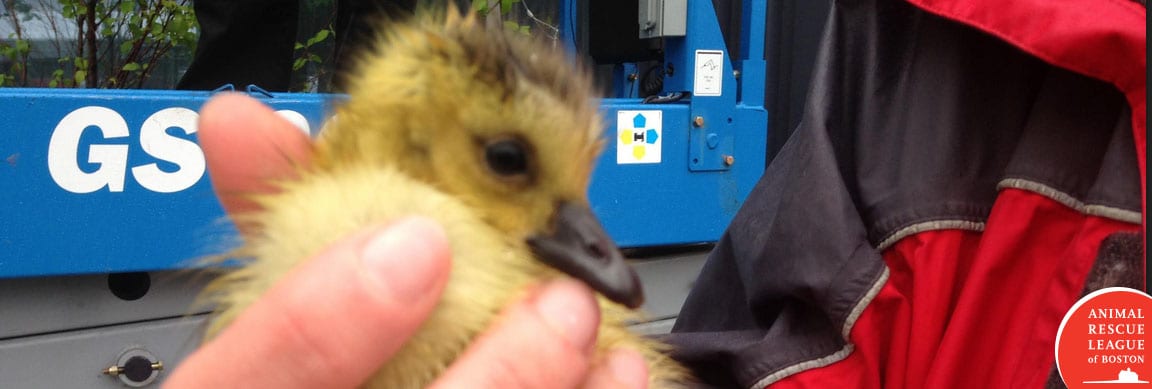5 Tips for Dog Swimming Safety
Advice to keep your pup (and family!) safe and secure in the water

Did you know… dogs can still overheat even when in the water? Remember these 5 dog swimming safety tips during your next visit to your local watering hole.
All summer long, the ARL is sharing advice on how to protect your pet in the warmer months because some hot weather situations can just be TOO HOT FOR SPOT. With temperatures soaring this week, we focus on keeping your dog safe as you cool off swimming!
Whether it’s your backyard or neighborhood pool, creek, pond, or beach, taking a dip on these hot summer days can be an enjoyable and refreshing experience for both you and your canine companion.
Just as there are risks for any human during a swim session, the same goes for your pet. Preparedness and attentiveness are key to making sure that every member of the family practices water safety.
Here are 5 important dog swimming safety tips to keep in mind this summer:
1. Not all dogs can swim. Although one of the first swimming strokes we learn as humans is coined the “doggy paddle”, it does not necessarily mean that all dogs can swim.
In fact, some dogs may never feel comfortable in the water. Certain breeds with short snouts or broad compact bodies such as American bulldogs and pugs are not always “naturals” when it comes to swimming and may require “lessons.”
Buying your pet a life vest flotation device is a great investment and will keep your pup afloat while you teach them to swim—and help support them later on should they get themselves into a watery situation.
2. Practice, practice, practice. Tossing a stick or a ball in the water, progressively further from shore or shallow steps is a good way to teach your pooch to feel comfortable in the water. When they’re ready for a real swim session, move on to a small pool or other contained body of water.
While some dogs may eager to jump right in, others may panic, so be prepared for either scenario. If there’s only one set of stairs or a ramp, continue to refresh your pup’s memory about the quickest way to make an exit.
3. Limit access to bodies of water. Just as you would keep unsupervised children a safe distance with a gate or fence, the same should go for your canine companion. If a physical barrier isn’t possible, make sure your dog knows how to come when called in case they get too close to a body of water that they shouldn’t be near.
Taking your pup boating? During the day, be sure your dog is wearing a life vest at all times. At night, your canine companion should be kept securely in an inside room on the boat, as it may be too dark to locate them should they jump or fall overboard.
4. Supervise your dog at all times. Even strong swimmers can get into trouble, especially if they’re tired. Always take notice of your pooch’s energy level and call them in for frequent breaks. Have fresh water available and encourage them to drink whenever possible; dogs can still overheat when swimming!
Supervision is especially important if your dog is swimming in a river or ocean with a lot of movement. Before you allow Fido to jump in, take note of the current and tide, and check the water temperature. Look for any flags or postings related to potential swimming hazards. Even if water conditions look ideal, always make sure that you pup stays close to shore, so that you have the ability to react quickly should they get into trouble.
5. Beware of ear infections. After swimming, be sure to dry your pup’s ears thoroughly and carefully with a cotton ball. Since most dogs have ear canals that point straight down, it is easy for water and bacteria to get trapped, causing a painful ear infection.
Common symptoms of an ear infection in dogs include excessive ear scratching or rubbing against floor or furniture, redness, swelling, odor or discharge coming from the ear canal, unbalanced movement, and hearing loss. If you see signs of an ear infection, contact your dog’s veterinarian right away.
TOO HOT FOR SPOT! For more summer safety tips, visit arlboston.org/summer-safety

